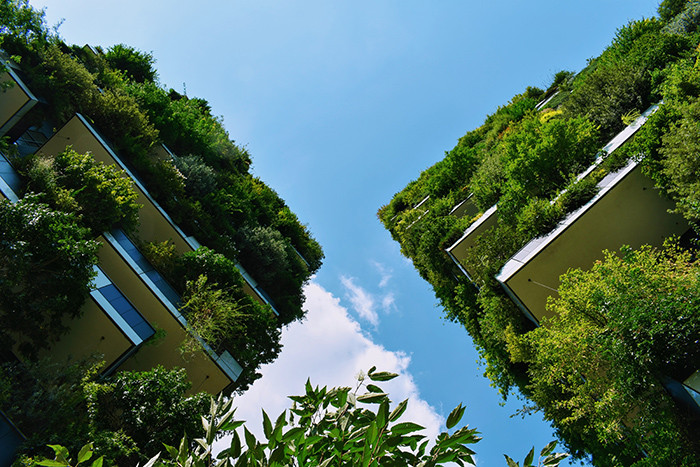Tempo and Antara News are reporting that the governments of Finland and Spain have expressed interest in collaborating with Indonesia for developing the country’s new capital city (IKN), Nusantara, the IKN Authority said.
“IKN (Authority) welcomes any countries that want to work together to build (IKN) Nusantara,” head of the IKN Authority, Bambang Susantono, said in a statement issued on Saturday.
He noted that earlier, several other countries, including South Korea and Saudi Arabia, also conveyed their interest in cooperating with the IKN Authority, report Tempo.
“We are open to any investors to cooperate in any certain sectors,” he added.
Representatives of the Finnish and Spanish governments recently met with officials from the IKN Authority at its office.
During the meeting, Susantono was accompanied by the secretary of the authority, Achmad Jaka Santos Adiwijaya, as well as the deputy for green and digital transformation at the authority, Ali Berawi.
The Finnish government was represented by the Deputy Minister of Foreign Affairs for International Trade, Nina Vaskunlahti, and the Finnish Ambassador to Indonesia, Pekka Kaihilahti.
They were accompanied by representatives from 12 Finland-based companies, including Betolar, KONE, and Wärtsilä. During the meeting, each company presented its plans to contribute to the development of IKN, say Tempo.
Meanwhile, the Spanish representatives included the Spanish Ambassador to Indonesia, Francisco Aguilera Aranda, and the Spanish trade attaché Jose Angel Molero Gonzalez.
“We have also moved our capital city in the past, thus we hope to also be able to contribute to the IKN project,” the Spanish ambassador said.
Earlier, the IKN Authority had also collaborated with the Asian Development Bank (ADB) to map out IKN’s efforts to become a carbon-neutral city by 2045 based on the concept of a sustainable forest city.
Buildings will occupy only about 25-percent of the new capital city’s area, while the remaining 75-percent will be maintained as a green area.
Sixty-five percent of this green area will be covered in tropical forests, which will act as carbon sinks.
Sources: Tempo, Antara News


